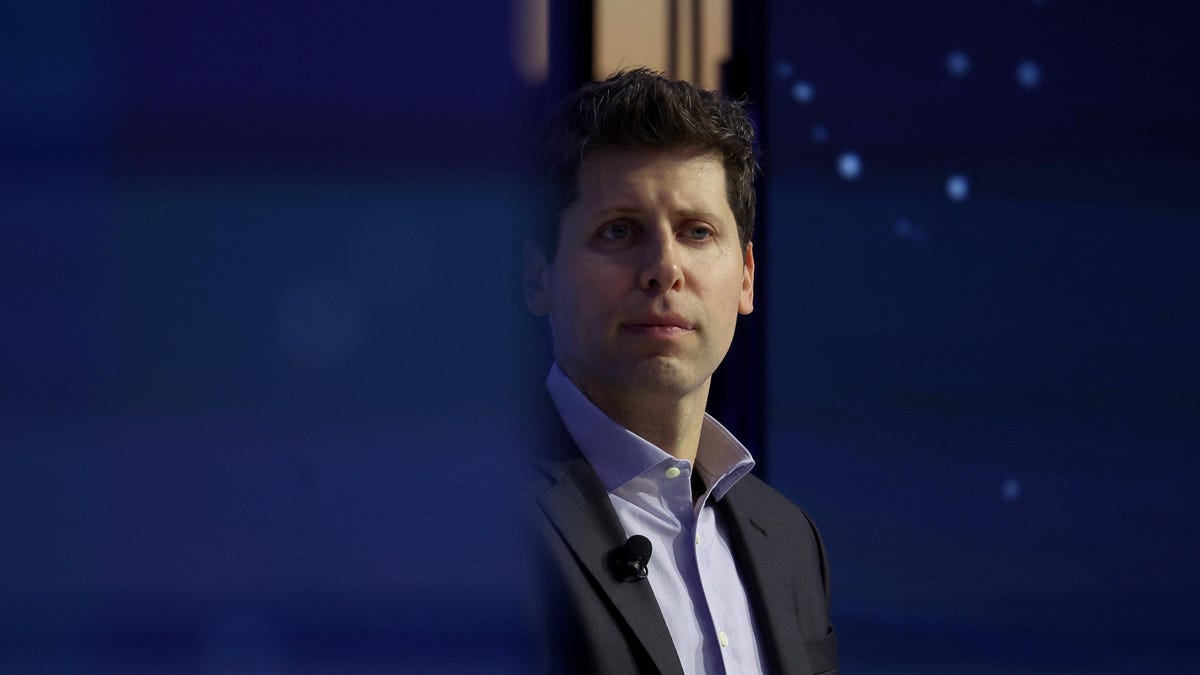
Ever since Sam Altman was fired by the OpenAI board two weeks ago, questions have swirled about what precipitated the drama. The fact of the matter is this: We still don’t really know what happened or why Altman was forced out. Altman himself has said he won’t be talking about it. Microsoft obviously isn’t talking. And even former board members who split hairs with Altman and subsequently resigned have declined to say anything—at least on the record. In short: One of the most dramatic blowups in Silicon Valley is still a mystery. There are a couple of OpenAI-hired lawyers conducting an investigation into what happened so, perhaps, some day, we’ll get the details from them.
Until then, all we really have are theories. Well, that and a lot of allegations about asshole-ish behavior on the part of Altman. Indeed, he may be Time magazine’s “CEO of the Year” but, according to recent reports, he was prone to double-crossing, manipulative behavior, and, on at least one occasion, tried to get a co-worker fired. That’s not exactly anomalous CEO behavior but still.
Advertisement
The most recent of these reports is an article from the Washington Post that claims that, in the lead up to his firing, complaints were brought to the OpenAI board about Altman’s supposedly “psychologically abusive” and “toxic” behavior. Altman was accused of pitting employees against each other and causing “chaos” at the startup. According to the story, a number of OpenAI board members were already debating about what to do about Altman’s troubling behavior when they received the complaints. These same board members also felt that Altman had lied to them in an effort to get another board member, Helen Toner, fired.
Advertisement
To back up these allegations, the Post has relied on “two people with knowledge of the situation.” Those same sources apparently told the Post that the complaints against Altman “were a major factor in the board’s abrupt decision to fire” him and that his firing “was at least partially motivated by the sense that his behavior would make it impossible for the board to oversee the CEO,” the newspaper reports.
Advertisement
Another recent report has provided details on the conflict with Toner, who collided with Altman when it came to the direction the organization should take. Toner, who resigned from the board in the aftermath of the events of Thanksgiving weekend, had a fight with Altman in the weeks leading up to Altman’s firing, according to reporting from the Wall Street Journal. An academic by trade, Toner had co-authored a paper on AI safety that was moderately critical of OpenAI’s decision to release ChatGPT when it did. In response, Altman allegedly accused her of harming OpenAI and proceeded to meet with different members of the board, encouraging them to fire her.
Toner told the Journal that she wouldn’t comment on what directly led to Altman’s firing but only said that the decision to let Altman go seemed, at the time, like a good way to honor the original mission of OpenAI’s nonprofit wing. “Our goal in firing Sam was to strengthen OpenAI and make it more able to achieve its mission,” she told the newspaper.
Advertisement
Until recently, one prevailing theory about Altman’s ousting was that the CEO and OpenAI’s board had fought over the pace at which the company’s AI technology was being commercialized. So this theory went, the board—which is committed to responsible and ethical AI development—felt that Altman was increasingly misaligned with their mission. While this theory seems to have some support, more and more evidence also seems to suggest that Altman’s personality was a big problem too.
Of course, it’s worth pointing out that Altman seemed to enjoy a whole lot of employee loyalty too. When he was fired, large parts of the company revolted and threatened to leave and join Microsoft if he wasn’t reinstated. Still, other motivations could have been at play than just liking Sam. The Washington Post report notes that Altman’s ousting also “jeopardized an investment deal that would allow” long-time employees to “sell their stock back to OpenAI, cashing out equity without waiting for the company to go public.”
Advertisement
OpenAI and Altman have swiftly rebounded from the drama of several weeks ago. Altman was reinstated as CEO last week and has wasted no time in courting the press in an effort to shape the narrative around his return. OpenAI, meanwhile, is obviously trying to get back to business as usual. This week, Microsoft announced the integration of the startup’s latest suite of tools into its Copilot virtual assistant, a sign that the business partnership between the two companies is charging full steam ahead. That said, Altman’s golden boy image may have been permanently tarnished. It will still take some time for the dust to settle on this whole mess and, until then, there’s still a lot we just don’t know.
Services Marketplace – Listings, Bookings & Reviews